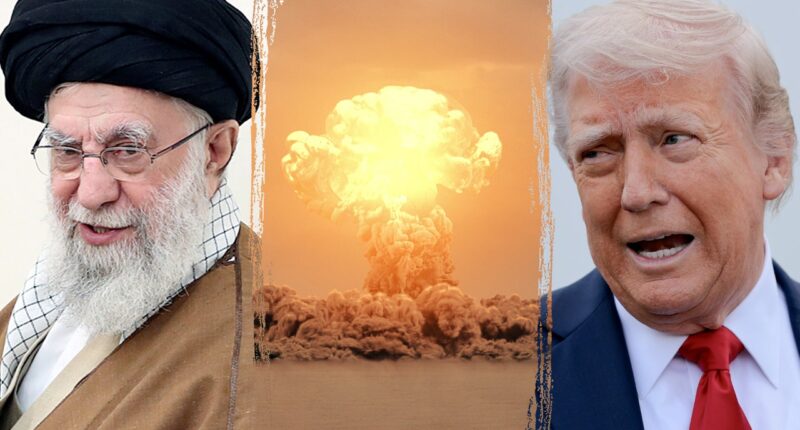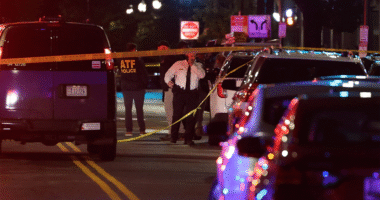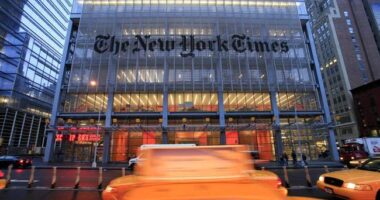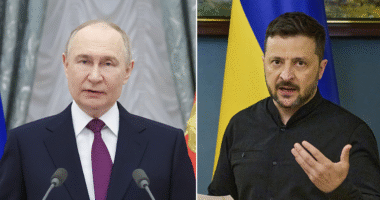The U.S. and Iran resumed nuclear negotiations on Friday in Rome as differences over demands have spilled over into the public sphere, making the red lines for both parties increasingly clear.
Iranian Supreme Leader Ayatollah Ali Khamenei this week criticized Washington’s position that has called for an apparent ban on all uranium enrichment in Iran and suggested a deal may not be possible.
The White House did not answer Fox News Digital’s questions about whether it is in fact calling for a ban on uranium enrichment for civil needs like nuclear energy, but on Friday Iranian Foreign Ministry spokesman Esmaeil Baghaei told reporters that “This round of talks is especially sensitive.”
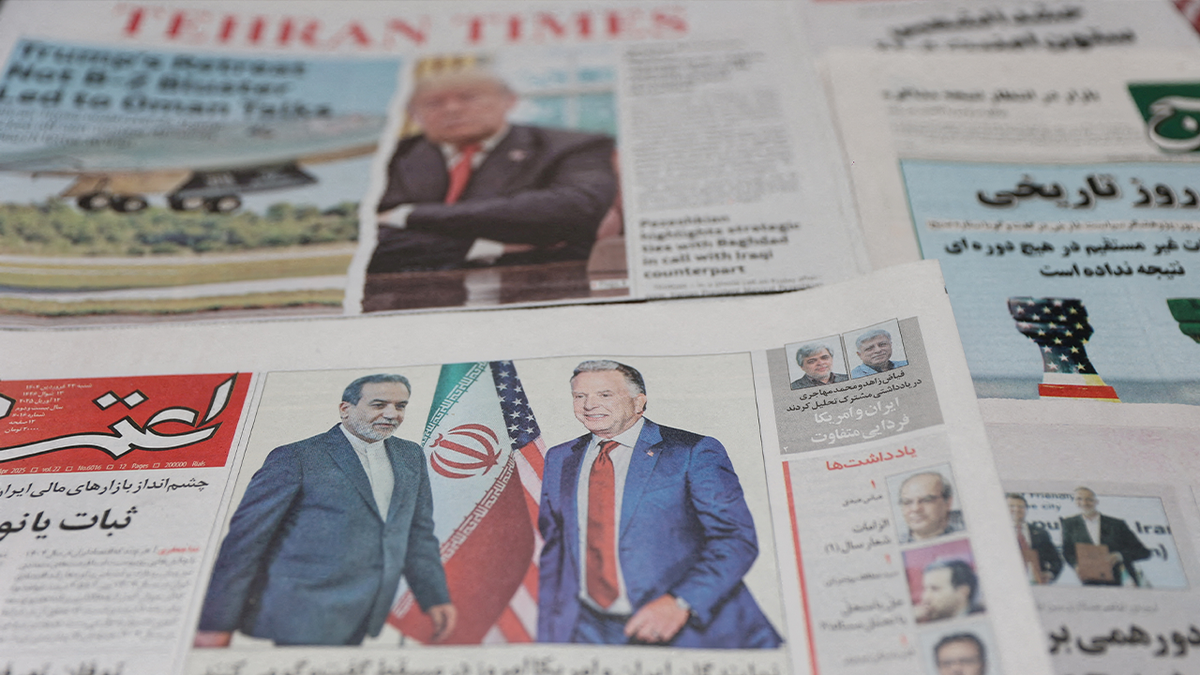
FILE PHOTO: An Iranian newspaper with a cover photo of Iran’s Foreign Minister Abbas Araqchi and U.S. Middle East envoy Steve Witkoff, is seen in Tehran, Iran, Apr. 12, 2025. (Majid Asgaripour/WANA (West Asia News Agency) via REUTERS)

U.S. Special Envoy to the Middle East Steve Witkoff shakes hands with Omani Foreign Minister Sayyid Badr Albusaidi in Muscat, Oman, Apr. 12, 2025. (Oman News Agency/ Handout via Reuters)
“Iran has more to lose by pushing away from the table,” he continued. “Iran is engaging in 2025 for a very different reason than 2013 and 2015. It’s trying to blunt maximum pressure. It’s trying to prevent an Israeli military attack, and it’s trying to prevent European snap-back [sanctions].
“This is why Iran is engaging today, and the Trump administration needs to be cognizant that, because of that, it does have the leverage in these negotiations and can demand more,” Ben Taleblu urged.
